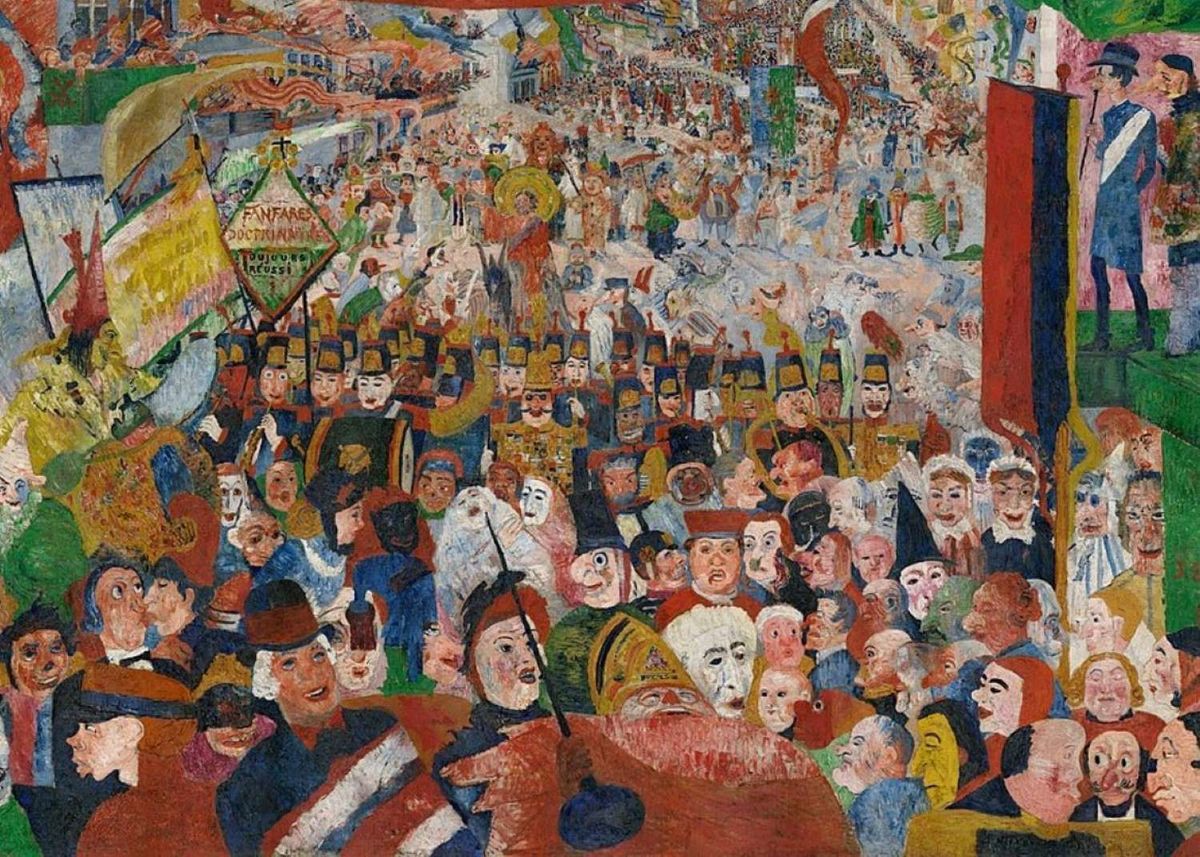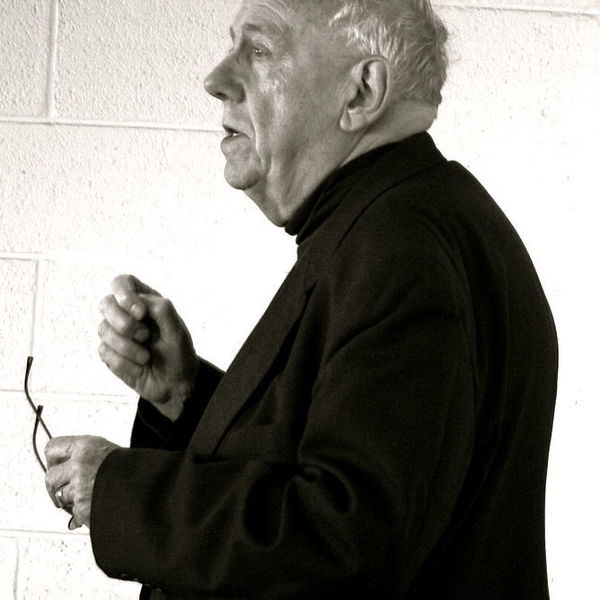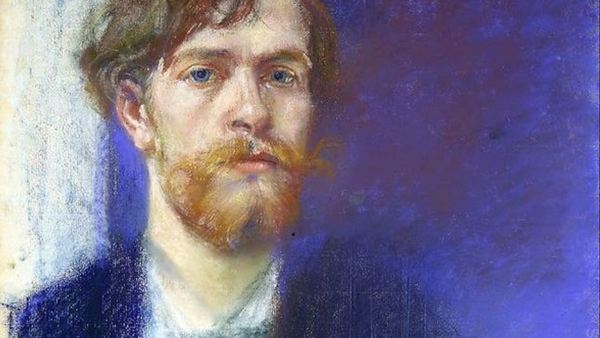Contemporary moral experience has a paradoxical character. For each of us is taught to see himself or herself as an autonomous moral agent; but each of us also becomes engaged by modes of practice, aesthetic or bureaucratic, which involve us in manipulative relationships with others. Seeking to protect the autonomy that we have learned to prize, we aspire ourselves not to be manipulated by others; seeking to incarnate our own principles and stand-point in the world of practice, we find no way open to us to do so except by directing towards others those very manipulative modes of relationship which each of us aspires to resist in our own case. The incoherence of our attitudes and our experience arises from the incoherent conceptual scheme which we have inherited.
Once we have understood this it is possible to understand also the key place that three other concepts have in the distinctively modern moral scheme, that of rights, that of protest, and that of unmasking. By “rights” I do not mean those rights conferred by positive law or custom on specified classes of person; I mean those rights which are alleged to belong to human beings as such and which are cited as a reason for holding that people ought not to be interfered with in their pursuit of life, liberty and happiness. They are the rights which were spoken of in the eighteenth century as natural rights or as the rights of man. Characteristically in that century they were defined negatively, precisely as rights not to be interfered with. But sometimes in that century and much more often in our own positive rights—rights to due process, to education or to employment are examples—are added to the list. The expression “human rights” is now commoner than either of the eighteenth-century expressions. But whether negative or positive and however named they are supposed to attach equally to all individuals, whatever their sex, race, religion, talents or deserts, and to provide a ground for a variety of particular moral stances.
It would of course be a little odd that there should be such rights attaching to human beings simply qua human beings in light of the fact, which I alluded to in my discussion of Gewirth’s argument in After Virtue, that there is no expression in any ancient or medieval language correctly translated by our expression “a right” until near the close of the middle ages: the concept lacks any means of expression in Hebrew, Greek, Latin or Arabic, classical or medieval, before about 1400, let alone in Old English, or in Japanese even as late as the mid-nineteenth century. From this it does not of course follow that there are no natural or human rights; it only follows that no one could have known that there were. And this at least raises certain questions. But we do not need to be distracted into answering them, for the truth is plain: there are no such rights, and belief in them is one with belief in witches and in unicorns.
The best reason for asserting so bluntly that there are no such rights is indeed of precisely the same type as the best reason which we possess for asserting that there are no witches and the best reason which we possess for asserting that there are no unicorns: every attempt to give good reasons for believing that there are such rights has failed. The eighteenth-century philosophical defenders of natural rights sometimes suggest that the assertions which state that men possess them are self-evident truths; but we know that there are no self-evident truths. Twentieth-century moral philosophers have sometimes appealed to their and our intuitions; but one of the things that we ought to have learned from the history of moral philosophy is that the introduction of the word “intuition” by a moral philosopher is always a signal that something has gone badly wrong with an argument. In the United Nations declaration on human rights of 1949 what has since become the normal UN practice of not giving good reasons for any assertions whatsoever is followed with great rigor. And the latest defender of such rights, Ronald Dworkin (Taking Rights Seriously, 1976) concedes that the existence of such rights cannot be demonstrated, but remarks on this point simply that it does not follow from the fact that a statement cannot be demonstrated that it is not true (81). Which is true, but could equally be used to defend claims about unicorns and witches.
Natural or human rights then are fictions—just as is utility—but fictions with highly specific properties. In order to identify them it is worth noticing briefly once more the other moral fiction which emerges from the eighteenth century’s attempts to reconstruct morality, the concept of utility. When Bentham first turned “utility” into a quasi-technical term, he did so, as I have already noticed, in a way that was designed to make plausible the notion of summing individual prospects of pleasure and pain. But, as John Stuart Mill and other utilitarians expanded their notion of the variety of aims which human beings pursue and value, the notion of its being possible to sum all those experiences and activities which give satisfaction became increasingly implausible for reasons which I suggested earlier in After Virtue. The objects of natural and educated human desire are irreducibly heterogeneous and the notion of summing them either for individuals or for some population has no clear sense. But if utility is thus not a clear concept, then to use it as if it is, to employ it as if it could provide us with a rational criterion, is indeed to resort to a fiction.
A central characteristic of moral fictions which comes clearly into view when we juxtapose the concept of utility to that of rights is now identifiable: they purport to provide us with an objective and impersonal criterion, but they do not. And for this reason alone there would have to be a gap between their purported meaning and the uses to which they are actually put. Moreover we can now understand a little better how the phenomenon of incommensurable premises in modern moral debate arises. The concept of rights was generated to serve one set of purposes as part of the social invention of the autonomous moral agent; the concept of utility was devised for quite another set of purposes. And both were elaborated in a situation in which substitute artifacts for the concepts of an older and more traditional morality were required, substitutes that had to have a radically innovative character if they were to give even an appearance of performing their new social functions. Hence when claims invoking rights are matched against claims appealing to utility or when either or both are matched against claims based on some traditional concept of justice, it is not surprising that there is no rational way of deciding which type of claim is to be given priority or how one is to be weighed against the other. Moral incommensurability is itself the product of a particular historical conjunction.
This provides us with an insight important for understanding the politics of modern societies. For what I described earlier in After Virtue as the culture of bureaucratic individualism results in their characteristic overt political debates being between an individualism which makes its claims in terms of rights and forms of bureaucratic organization which make their claims in terms of utility. But if the concept of rights and that of utility are a matching pair of incommensurable fictions, it will be the case that the moral idiom employed can at best provide a semblance of rationality for the modern political process, but not its reality. The mock rationality of the debate conceals the arbitrariness of the will and power at work in its resolution.
It is easy also to understand why protest becomes a distinctive moral feature of the modern age and why indignation is a predominant modern emotion. “To protest” and its Latin predecessors and French cognates are originally as often or more often positive as negative; to protest was once to bear witness to something and only as a consequence of that allegiance to bear witness against something else.
But protest is now almost entirely that negative phenomenon which characteristically occurs as a reaction to the alleged invasion of someone’s rights in the name of someone else’s utility. The self-assertive shrillness of protest arises because the facts of incommensurability ensure that protestors can never win an argument; the indignant self-righteousness of protest arises because the facts of incommensurability ensure equally that the protestors can never lose an argument either. Hence the utterance of protest is characteristically addressed to those who already share the protestors’ premises. The effects of incommensurability ensure that protestors rarely have anyone else to talk to but themselves. This is not to say that protest cannot be effective; it is to say that it cannot be rationally effective and that its dominant modes of expression give evidence of a certain perhaps unconscious awareness of this.
The claim that the major protagonists of the distinctively modern moral causes of the modern world—I am not here speaking at all of those who seek to uphold older traditions which have somehow or other survived into some sort of coexistence with modernity—offer a rhetoric which serves to conceal behind the masks of morality what are in fact the preferences of arbitrary will and desire is not of course an original claim. For each of the contending protagonists of modernity, while for obvious reasons unwilling to concede that the claim is true in their own case, is prepared to make it about those against whom they contend. So the Evangelicals of the Clapham Sect saw in the morality of the Enlightenment a rational and rationalizing disguise for selfishness and sin; so in turn the emancipated grandchildren of the Evangelicals and their Victorian successors saw Evangelical piety as mere hypocrisy; so later Bloomsbury, liberated by G.E. Moore, saw the whole semi-official cultural paraphernalia of the Victorian age as a pompous charade concealing the arrogant self-will not only of fathers and clergymen, but also of Arnold, Ruskin and Spencer; and so in precisely the same way D.H. Lawrence “saw through” Bloomsbury. When emotivism was finally proclaimed as an entirely general thesis about the nature of moral utterance, it did no more than generalize what each party of cultural revolt in the modern world had already said about its particular moral predecessors. Unmasking the unacknowledged motives of arbitrary will and desire which sustain the moral masks of modernity is itself one of the most characteristically modern of activities.
It was Freud’s achievement to discover that unmasking arbitrariness in others may always be a defense against uncovering it in ourselves. At the beginning of the twentieth century, autobiographies like Samuel Butler’s clearly evoked an intense response from all those who felt the oppressive weight of assertive paternal self-will behind the cultural forms in which they had been educated. And this oppressive weight was surely due to the extent to which educated men and woman had internalized what they aspired to reject. Hence the importance of Lytton Strachey’s mockery of the Victorians as part of the liberation of Bloomsbury and hence also the exaggerated rhetoric of Strachey’s reaction to Moore’s ethics. But even more important was Freud’s presentation of the inherited conscience as superego, as an irrational part of ourselves whose commands we need, for the sake of our psychic health, to be freed from. Freud of course took himself to have made a discovery about morality as such and not just about what morality had become in late nineteenth-century and early twentieth-century Europe. But this mistake must not be allowed to detract from what he did achieve.
It is worth at this point recalling the thread of my central argument. I began from the way in which contemporary moral debate is interminable and I tried to explain that interminability as a consequence of the truth of an amended version of the emotivist theory of moral judgment, originally advanced by C.L. Stevenson and others. But I treated that theory not only as a philosophical analysis, but also as a sociological hypothesis. (I am unhappy about this way of putting the matter; it is not clear to me, for reasons which I gave in Chapter 3 of After Virtue, how any adequate philosophical analysis in this area could escape being also a sociological hypothesis, and vice versa. There seems something deeply mistaken in the notion enforced by the conventional curriculum that there are two distinct subjects or disciplines—moral philosophy, a set of conceptual enquiries, on the one hand and the sociology of morals, a set of empirical hypotheses and findings, on the other. Quine’s death-blow to any substantial version of the analytic-synthetic distinction casts doubt in any case on this kind of contrast between the conceptual and the empirical.)
My argument was thus to the effect that emotivism informs a great deal of contemporary moral utterance and practice and more specifically that the central characters of modern society—in the special sense which I assigned to the word “character”—embody such emotivist modes in their behavior. These characters, it will be recalled, are the aesthete, the therapist and the manager, the bureaucratic expert. The historical discussion of those developments which made the victories of emotivism possible has now revealed something else about these specifically modern characters, namely the extent to which they trade and cannot escape trading in moral fictions. But how far does the range of moral fiction extend beyond those of rights and utility? And who is going to be deceived by them?
EDITORIAL NOTE: This essay is a slightly modified excerpt of Chapter 6 from After Virtue: A Study in Moral Theory. It is part of an ongoing collaboration with the University of Notre Dame Press. You can read our excerpts from this collaboration here. All rights reserved.


